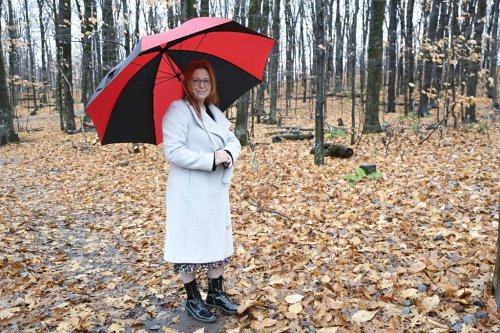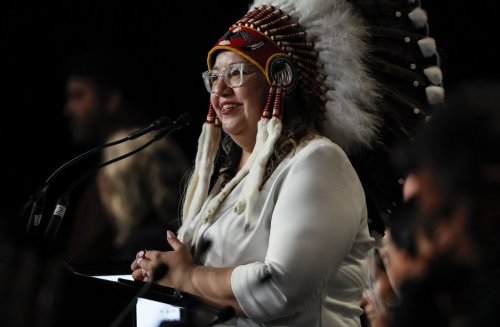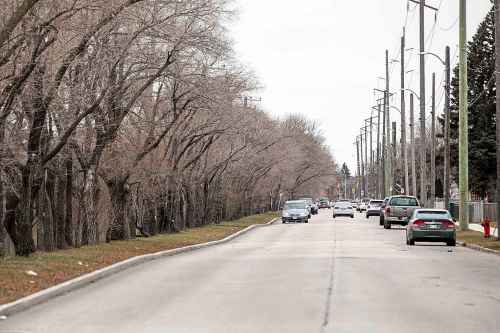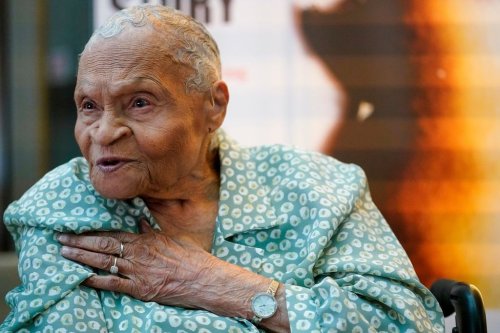Social Studies (general)
Please review each article prior to use: grade-level applicability and curricular alignment might not be obvious from the headline alone.
No Subscription Required
Animal Nation includes rural and Indigenous people in its portraits of Prairie and northern animals
4 minute read Preview Friday, Jan. 2, 2026
No Subscription Required
Northwest Territories facing a hard-as-diamonds reality as pivotal industry wanes
7 minute read Preview Friday, Jan. 2, 2026
No Subscription Required
New year, deeper pockets needed
5 minute read Preview Wednesday, Dec. 31, 2025
No Subscription Required
A forgotten chapter: The stories of Allied POWs in Nagasaki during the atomic bombing
6 minute read Preview Friday, Jan. 2, 2026
No Subscription Required
‘Canada is not for sale’ hat makers want to share domestic manufacturing tips
4 minute read Preview Wednesday, Dec. 31, 2025
No Subscription Required
Hundreds evacuated amid power outage in Pimicikamak
6 minute read Preview Tuesday, Dec. 30, 2025
No Subscription Required
Meta buys startup Manus in latest move to advance its artificial intelligence efforts
3 minute read Preview Wednesday, Dec. 31, 2025
No Subscription Required
Skating trail expected to open in time for New Year’s Day activities at The Forks
2 minute read Preview Monday, Dec. 29, 2025
No Subscription Required
Advocates push for advance MAID requests two years after Parliament recommendation
5 minute read Preview Monday, Dec. 29, 2025
No Subscription Required
Another Conservative MP crosses the floor to join Liberal caucus
6 minute read Preview Friday, Dec. 12, 2025
No Subscription Required
Canada responsible for ensuring safe First Nations housing, Federal Court rules in $5-B class-action suit
3 minute read Preview Thursday, Dec. 11, 2025
No Subscription Required
Danielle Smith becomes first Alberta premier in 90 years to face citizen recall
4 minute read Preview Thursday, Dec. 11, 2025
No Subscription Required
Canada wraps up G7 tech ministers’ meeting after signing EU, U.K. deals
4 minute read Preview Wednesday, Dec. 10, 2025
No Subscription Required
Métis federation launches second class action over ’60s Scoop
4 minute read Preview Monday, Dec. 8, 2025
No Subscription Required
Gull-Masty signals go-slow approach to changing First Nations status eligibility
4 minute read Preview Tuesday, Dec. 9, 2025
No Subscription Required
Indigenous artifacts from the Vatican collection return to Canada
5 minute read Preview Monday, Dec. 8, 2025
No Subscription Required
À travers le Punch de Noël, l’esprit de la communauté revient en onde
4 minute read Preview Saturday, Dec. 6, 2025
No Subscription Required
Beleaguered parents of young children with diabetes ask province for help in schools
4 minute read Preview Tuesday, Dec. 2, 2025
No Subscription Required
City considers restrictions on Bois des Esprits tree carving
2 minute read Preview Sunday, Nov. 30, 2025
No Subscription Required
Hydro to cut down more than 260 trees on stretch of Selkirk Avenue
5 minute read Preview Friday, Nov. 28, 2025
No Subscription Required
News publishers’ copyright lawsuit against OpenAI cleared to go ahead in Ontario
3 minute read Preview Friday, Nov. 28, 2025
No Subscription Required
Australia will enforce a social media ban for children under 16 despite a court challenge
3 minute read Preview Thursday, Nov. 27, 2025
No Subscription Required
One of the 1921 Tulsa Race Massacre’s last survivors, Viola Ford Fletcher, dies at age 111
6 minute read Preview Tuesday, Nov. 25, 2025
No Subscription Required
























